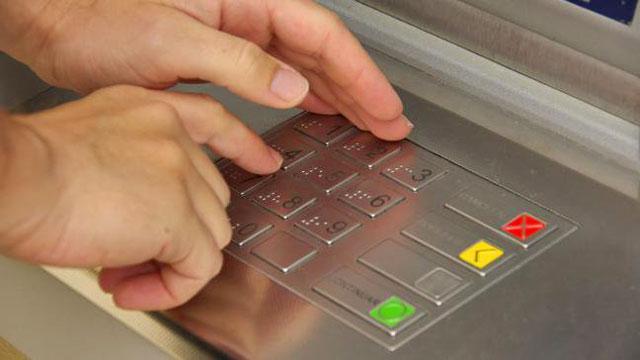You are here
Jordan lags behind on e-payment practices — experts
By Maram Kayed - Nov 06,2018 - Last updated at Nov 06,2018

Jordanians are much more inclined to use cash than online payments (File photo)
AMMAN — Jordanians only make 33 per cent of their payments online, which is a lower rate than the 44 per cent of neighbouring countries, and a dramatically lower percentage than the 91 per cent of developed nations, according to William Cook.
To combat the problems standing in the way of Jordan’s transformation from a cash-oriented society to one that follows the latest developments made in the e-payment industry, Network International, a payment solutions provider that had a vital role in launching eFawateerkom and JoMoPay Jordan, recently hosted its 6th annual Network Payments Conference.
CEO of Network International-Levant Amjad Sadeq, described “distrust towards the reliability of online payments by the Jordanian public” as a key obstacle in getting people to make the switch.
“People do not trust online payments yet, they think it’s not as secure as cash payments. To assure people of the credibility of online transactions, we have to work on changing the mindset of people, before anything else,” Sadeq told The Jordan Times on Tuesday.
To combat doubts, Network International has adopted an approach called “Financial Inclusion”, according to Sadeq, who said that the point is to reach out to youth in schools and universities, as well as communities that have a large number of people using cash-oriented banking, and reassure them of the “secure and reliable” online medium.
Another issue standing in the way of the cash-to-online transformation, according to experts, is the fact that some people do not have bank accounts in the first place.
Statistics presented by Cook show that 150 million people around the Middle East do not have bank accounts, 80 per cent of whom live in capitals such as Amman and Beirut.
“It is not the problem of refugees that accounts for the percentage, as only 5 per cent of those 150 million are refugees,” Cook underlined, pointing out that the key issue is that “people in those areas do not have large amounts of excess money to store in bank accounts, which is why many of them do not have ambition or motivation to open one”.
Financial experts at the launch suggested turning towards e-wallet providers, such as Dinarak, a JoMoPay mobile switch; the main idea being that citizens do not need bank accounts to make payments with an e-wallet. Instead, they can deposit cash at an “agent”, which is any shop that is authorised by the e-wallet provider to top up someone's e-wallet.
Payments allowed by e-wallets include medical bills, educational institutes’ fees, online and local retailers, transport providers and many others.
“There is one aspect that still needs to be improved here in Jordan regarding e-wallets, which is that instead of agents being exchange shops —who would offer the client their own services instead of the e-wallet— the agents should be local shops all over the Kingdom,” Cook concluded.
Related Articles
AMMAN — Over two million people are currently using e-wallets in Jordan.
AMMAN — The use of e-wallets in the Kingdom has surpassed 1 million, according to the Jordan Payments and Clearing Company (JoPACC).About 60
AMMAN — The number of financial transactions carried out via e-payment in Jordan has gone up by 26 per cent in the first half of 2018,












